
Article
Child’s Play
The authoritative statement of scientific method derives from a surprising place – early 20th-century child psychology
Aeon,
2017
Read or listen offline
автоматическое преобразование текста в аудио
1×
автоматическое преобразование текста в аудио
Recommendation
In a whirlwind tour of the history of child psychology and learning, Yale professor of psychology Henry Cowles looks at how studies of childhood learning influence our understanding of science. Focusing on the works of American philosopher John Dewey, Cowles shows that two main aspects of childhood learning – spontaneity and interaction – are also central to scientific reasoning. getAbstract recommends this accessible article to anyone interested in child play and scientific reasoning.
Take-Aways
About the Author
Henry Cowles is an assistant professor of the history of modern medicine and science, of history, and of psychology at Yale University. His current research focuses on the cognitive history of the scientific method.
Learners who read this summary also read
Book
Article
Book








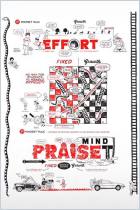
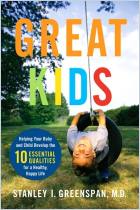
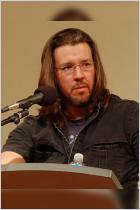
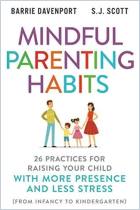
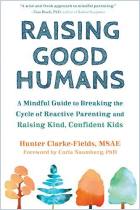


Comment on this summary or Начать обсуждение